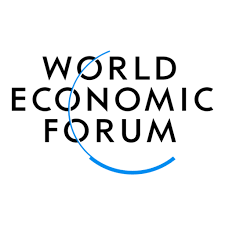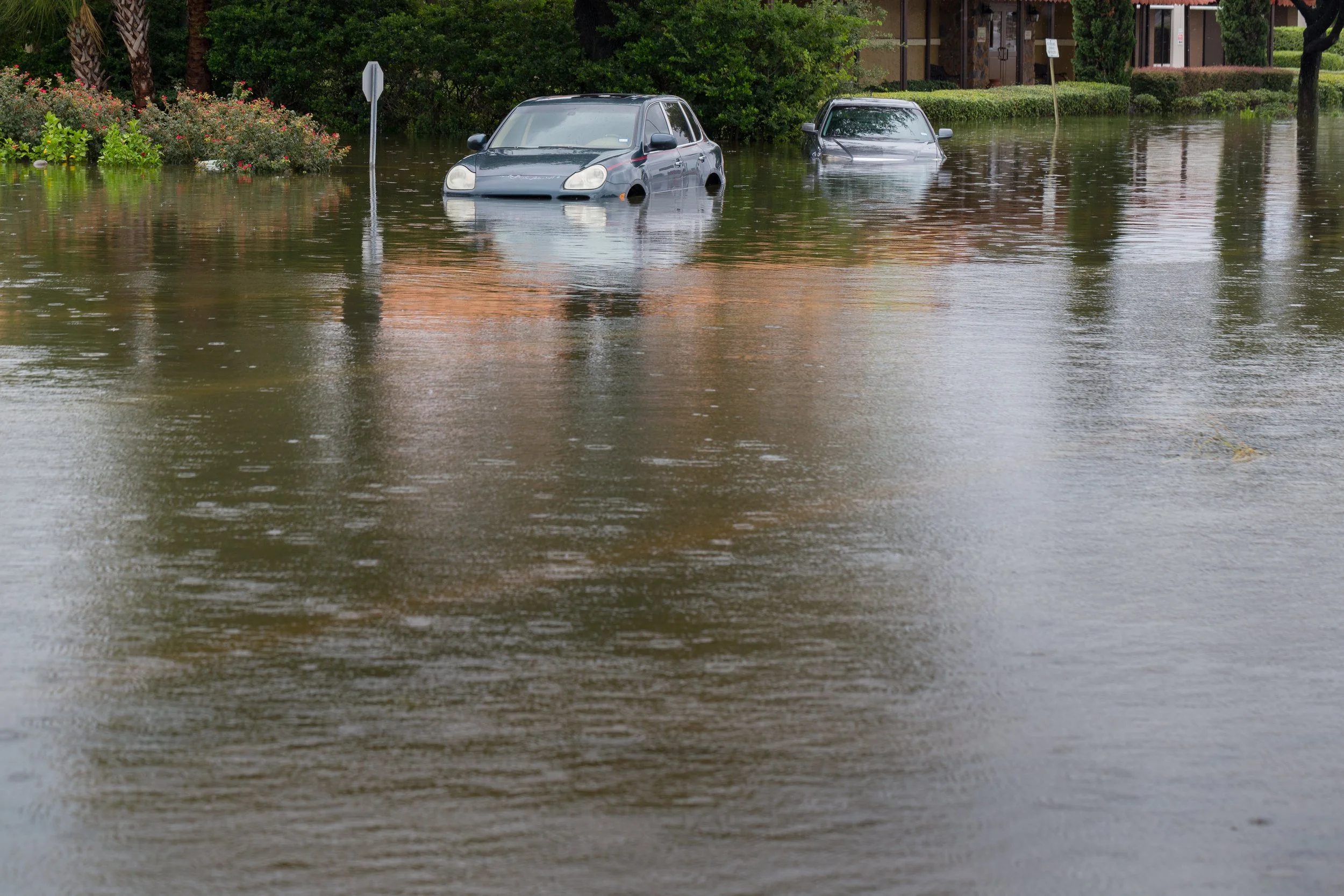The Climate Change-Inflation Nexus: Implications for the Economy
Unveiling the Hidden Driver of Inflation: The Surprising Link Between Climate Change and Economic Stability
Image by Mohamed Hassan
As we examine the latest figures on inflation, it becomes evident that various factors contribute to its surge. The pandemic's impact, disrupted supply chains, and geopolitical conflicts like Russia's war with Ukraine are often cited as key drivers. However, one crucial factor that often goes unnoticed is climate change. Unpredictable weather events and their aftermath, such as droughts, floods, and wildfires, wreak havoc on industries, leading to increased costs and ultimately driving inflation. The effects of climate change are far-reaching and demand our attention if we wish to effectively tackle inflationary pressures.
To truly address the issue of rising inflation, we must recognize the critical link between climate change and economic stability. The implications of extreme weather events on various sectors are profound. For instance, imagine the impact on a simple loaf of bread when the key ingredients, such as wheat, oats, barley, and flaxseed, are affected by weather-related disruptions. These challenges translate into higher production costs and supply chain complexities, which ultimately get passed on to consumers through increased prices. It is crucial to acknowledge that climate change's impact extends beyond food prices, affecting housing, transportation, and other industries as well.
To delve deeper into the intricate relationship between climate change and inflation, we need to understand the urgent need for sustainable solutions. By transitioning away from fossil fuels and embracing renewable energy sources, we can not only mitigate the adverse effects of climate change but also foster long-term economic stability. Embracing innovative technologies and incentivizing renewable energy development are essential steps toward securing a sustainable and non-inflationary future.








